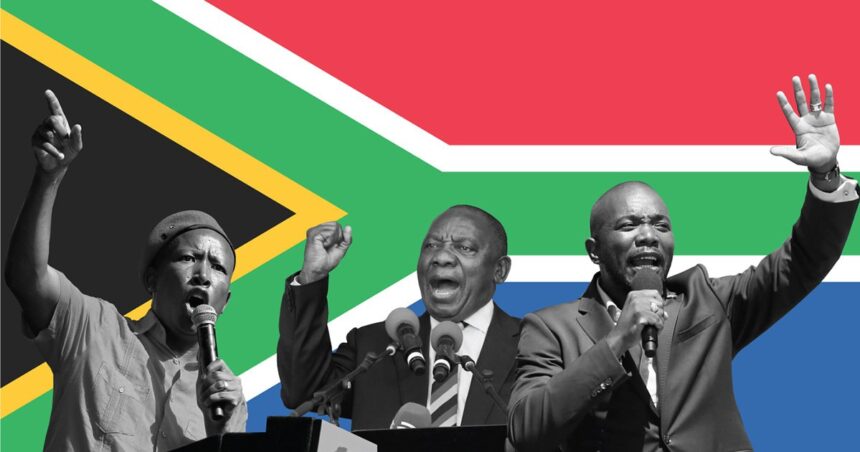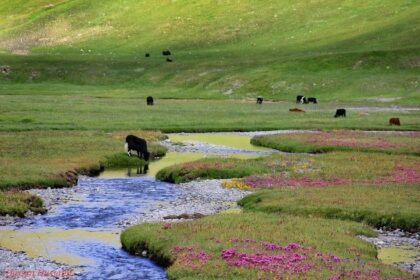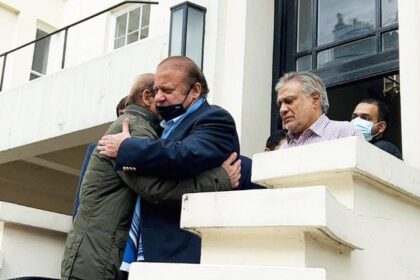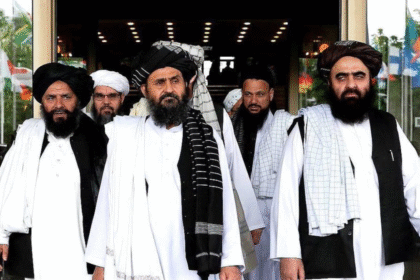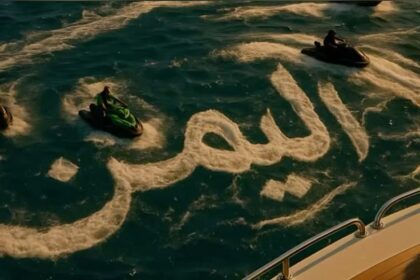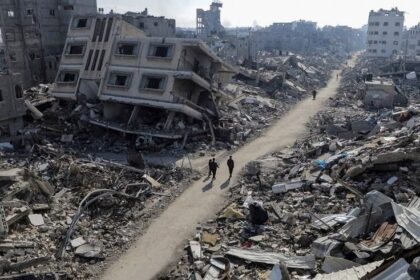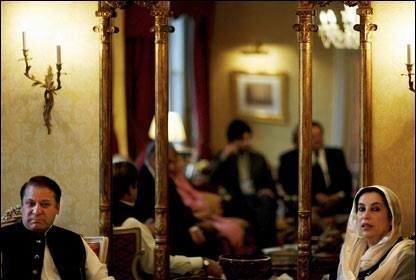It hangs in the air, etched on every wall. It’s not just poverty. Not just corruption. It’s exploitation—the mother of all evils. That is still denying Africa its due rights and rightful democracy. The exploitation does not stem from the West alone; it also has a share in the corrupt practices of local political leaders who have betrayed the basic tenets of democracy.
Truthfully, in the guise of democracy, Africa has seen the worst dictators who have ruined it into ashes. When it comes to democracy in Africa, the question is no longer ‘to be or not to be’. The real issue lies in confronting the elephant in the room: a system built to look democratic but designed to exploit.
Yes, it was the colonial power that cut into the very flesh of Africa and sliced it along fragile ethnic lines, regardless of their history and humanity. But it’s actually the “façade democracy” that became the puppet of the West and dances to its tune. Resultantly, these so-called legitimate democratic heroes become an illegitimate tool of the neoliberal West to push forward its vile economic designs and exploit these nascent states. While these African heroes are celebrated abroad, their own nations bleed.
As Noam Chomsky already warned, “Neoliberalism is the immediate and foremost enemy of genuine participatory democracy … across the planet.”
Who remembers Robert Mugabe? The icon of liberation and the utmost Pan-African at heart. He is a well-known tyrant in the history of Africa—the man who owned a luxurious 24-room palace while Zimbabwe lived under the abject poverty line. Mugabe was thrown out by a brutal coup when he tried to assign his wife as his political heir.
Omar al-Bashir’s tyrannical regime stands as a brutal example. Under his command, dissent in Sudan was crushed with violence and fear. He staged multiple rigged elections to cloak his dictatorship in the illusion of democracy—violating fundamental human rights to satisfy his unrelenting thirst for power. As Shelley once wrote:
“Power, like a desolating pestilence, pollutes whate’er it touches.”
Soon, Omar’s fate was sealed in 2019 under mass protests. The people of Sudan overthrew him because they lost their faith in democracy.
Meles Zenawi ruled Ethiopia behind the polished mask of democracy, but his grip was anything but just. Elections were choreographed performances, with opposition voices silenced before they could speak. His government perfected the art of control—using fear, surveillance, and economic favouritism to crush dissent. Under Zenawi, ballots became weapons, and power a currency traded only among the elite. Democracy, in his hands, was a beautifully written lie.
Nic Cheeseman, a democracy expert, warns that
“If current trends continue, the continent’s future will be characterised by a set of entrenched authoritarian states sitting side by side with a set of nascent democracies.”
Perhaps nascent democracies are never the answer. This is why Burkina Faso chooses her own destiny by appointing Ibrahim Traoré—an unapologetic African leader—who stands tall and challenges the hegemony of France: We won’t take it anymore!
Unlike others, he did not come with ballots but with boots. A coup—but one wrapped not in hunger for power, but for truth. In the dust of broken promises and hollow democracies, Traoré’s rise felt like a long-awaited messiah. He didn’t stage his authority with 24-room palaces or Mercedes-Benz processions; rather, he stood before his people with clarity, speaking not as a ruler but as a soldier of the soil.
While others hoarded wealth, he announced free education—because he understood that ignorance is the perfect cage and knowledge the sharpest weapon against neocolonialism. He didn’t wait for the West’s approval to act; he challenged it head-on. France, long intoxicated by the minerals of Burkina Faso, was denied access. The gold, the land, the rare earths—no longer a free lunch for the civilised world.
Traoré may not wear democracy’s mask, but he touches something deeper: dignity, defiance, and the fire to reclaim what was always theirs. Whether history will remember him as a true liberator or an autocrat remains to be seen. But in a continent where democracy has too often been a lie whispered in Western boardrooms, Traoré is like the Che Guevara of Africa.
To wrap it all up: yes, Africans lost their faith in democracy. But maybe Africa isn’t meant to be democratic. Its history shows that it was a tribal society. The colonists came and looted it, leaving but soiling their own seeds. The institutions are like a house of cards: toppled by a single gust of greed. The democratic leaders—just puppets drunk on their own thirst for power. The nation-states still reel under terror regimes, poverty, and grotesque governance.
What’s left is a lingering hope—that maybe democracy is not the answer to all of Africa’s woes. Africa needs a hero like Mandela, a fierce fighter like Traoré, and an unshakeable conviction that defies the West and safeguards African interests. It needs a vision that does not bow before Western approval but rises with the voice of its people—one that bravely declares: Africa is for Africans.






